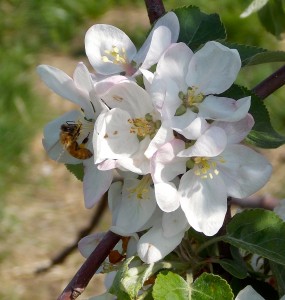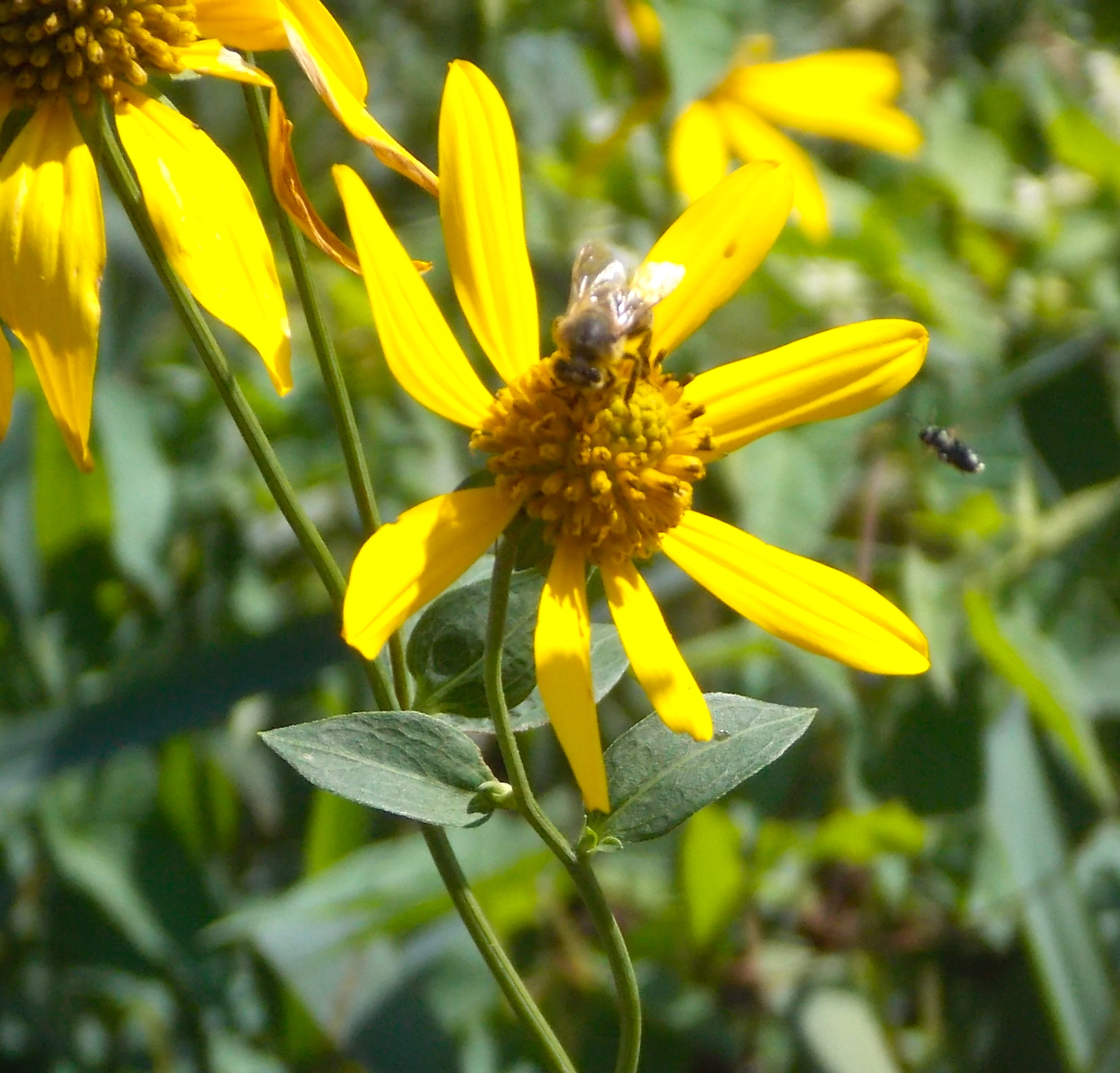 What does this have to do with you...
What does this have to do with you...
Royal Holloway University of London compiled a decade of studies on agrochemical research and the effect on bees. Their research determined that very low, field-realistic dosages, of pesticides significantly reduced the bee's memory. Their ability to memorize rewarding scents, which are a vital component in their search for food, were damaged. Exposed bee's had trouble remembering what type of flower to visit, where to find flowers, and which flowers they'd already drained of nectar. Another consequence of pesticide exposure is that the exposed bees couldn't find their way back to the hive.
Could Alzheimer’s Be In Your Future?
Studies link pesticides with Alzheimer’s
DDT (dichloro-diphenyl-trichloroethane) was used extensively as an insecticide in the 1940s, but has been banned in the United States since 1972 after scientists linked the compound to wildlife health and environmental concerns. DDT is still used in other countries to combat the spread of malaria.
"We have additional studies underway that will seek to directly link DDT exposure to Alzheimer's disease," said co-author Dr. Dwight German, Professor of Psychiatry at UT Southwestern. "If a direct link is made, our hope is to then identify the presence of DDE in blood samples from people at an early age and administer treatments to remove it."
The study found elevated levels of DDE in blood samples of 86 patients with Alzheimer's disease as compared to 79 control patients from the UT Southwestern Alzheimer's Disease Center and the Emory University Alzheimer's Disease Center.
Source: UT Southwestern, one of the premier academic medical centers in the nation, integrates pioneering biomedical research with exceptional clinical care and education. The institution's faculty includes many distinguished members, including five who have been awarded Nobel Prizes since 1985.
Children and Pesticides
Beyond Pesticides has a Pesticide-induced Disease Database The database links studies and research about children's exposure to agrochemicals.
Protect Yourself
Since the repeal of Country Of Origin Labeling (COOL) it's not easy to identify where fruits, vegetables and meat is coming from. Outside of the United States, other countries allow classes of pesticides which are banned in the United States.
Consuming products containing pesticides may increase your exposure.
Limiting your exposure is as simple as switching to an organic diet. You can do that by growing your own fruits and vegetables, buying organic meat and dairy, and by using clean products around your home.
Remember, You have control over your health.
Related posts:
